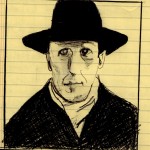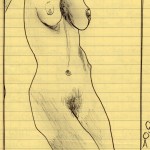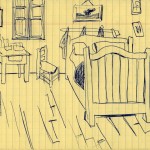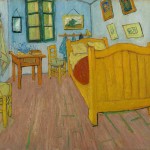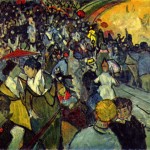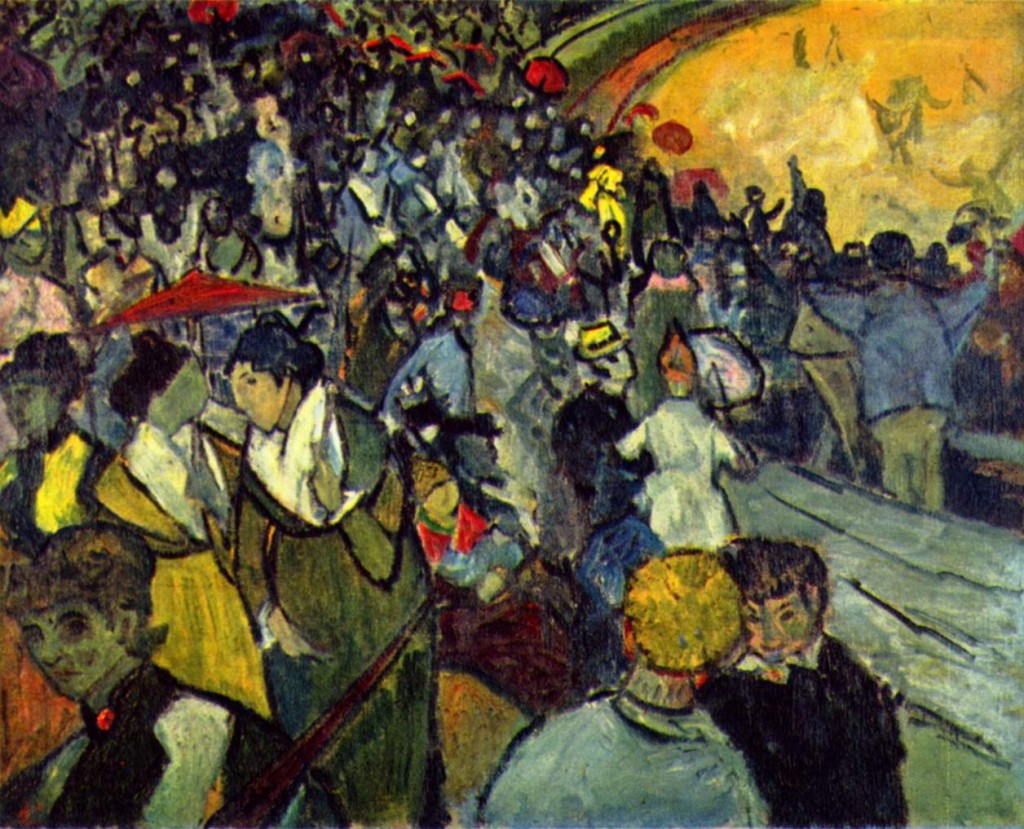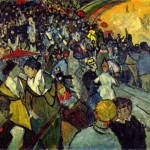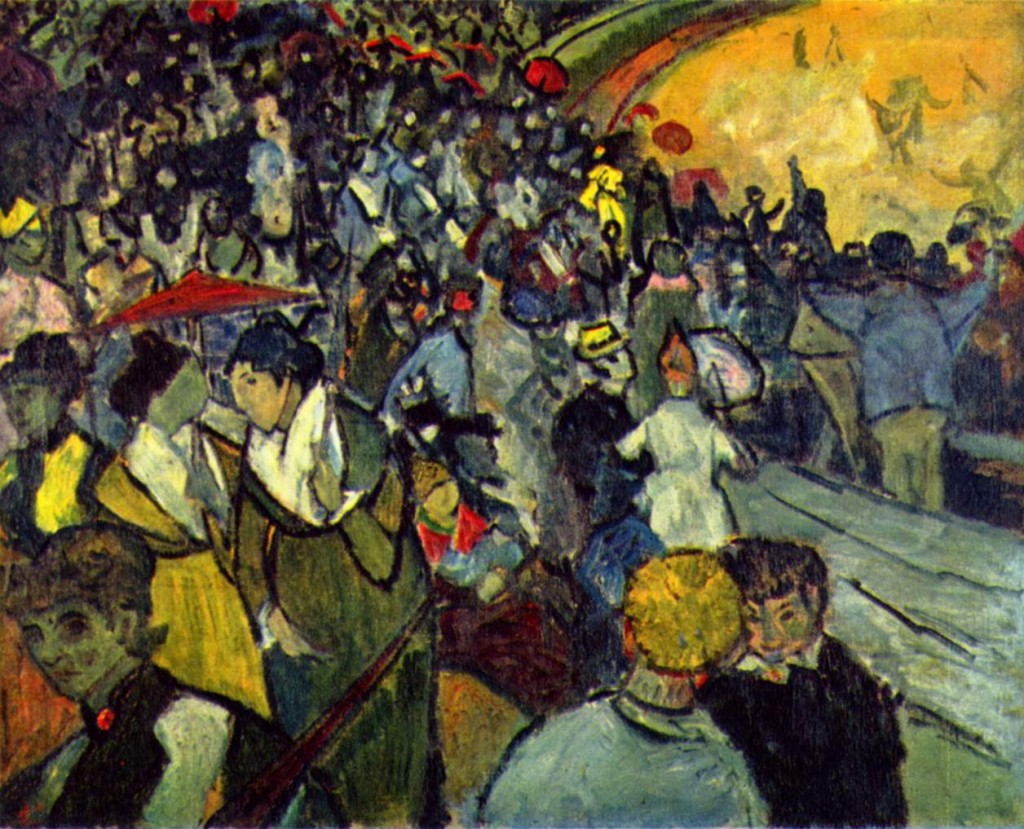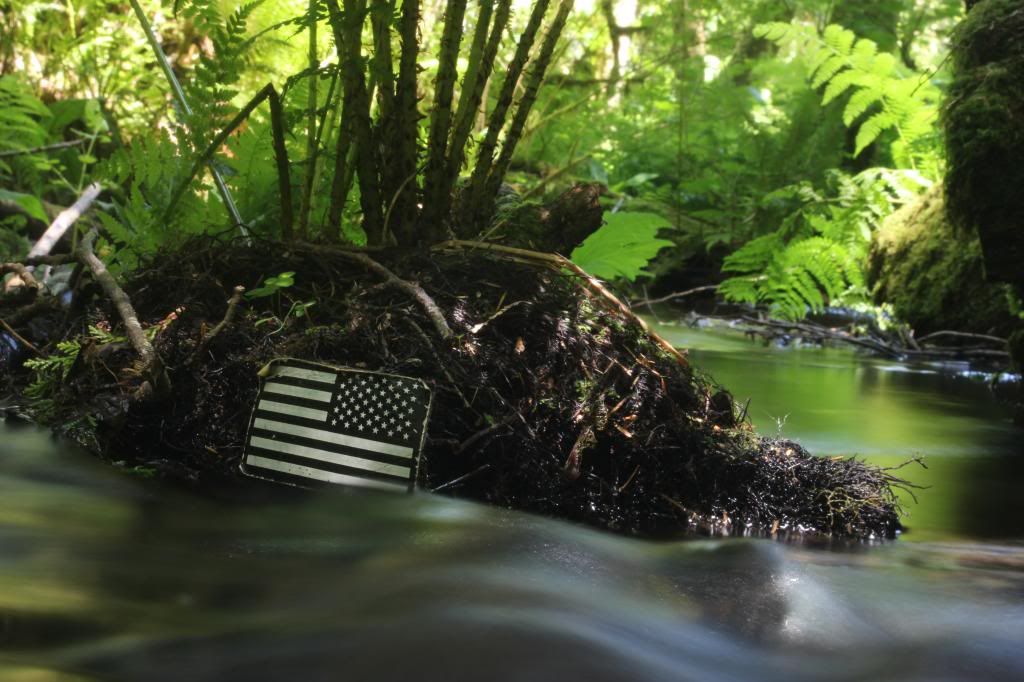
Creativity is often controlled by the resources that we have at hand. Some paint, some do found object art, but for film you are often limited by the people you can interview.
In the beginning process of this film I spent hours and hours contacting people, posting ads and returning emails to set up multiple interviews that would tell the story of my film. In the end most of my interviews fell through leaving me with something that I needed to change and create.
I decided to focus my film on something that was more personal to me. Changing the entire dynamic of what I was making. I told the story of PTSD in returning soldiers and how the outdoors is therapeutic. This meant changing my entire plan. Putting myself in front of the camera which also makes me more vulnerable.
The final product I have is not 45 min in length. I could have mad a longer film with the shots that i had but instead I shortened it in order to preserve the flow speed and tempo. I didn’t want the viewer to watch 30 min of hiking shots and 10 min long interviews. I wanted them to feel my point. And not become bored or fidgety. In the end my film is 13 minutes which to me is a successful length.
